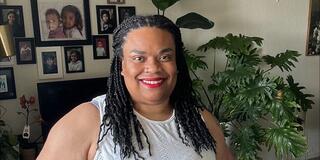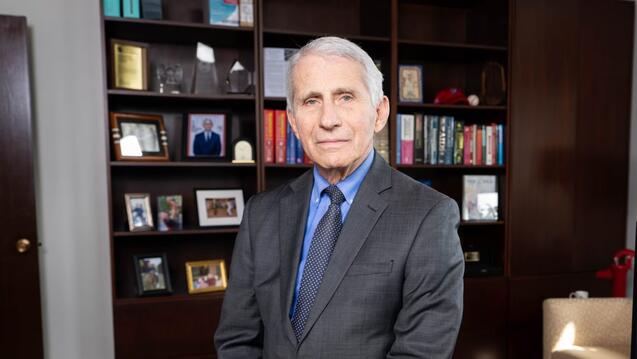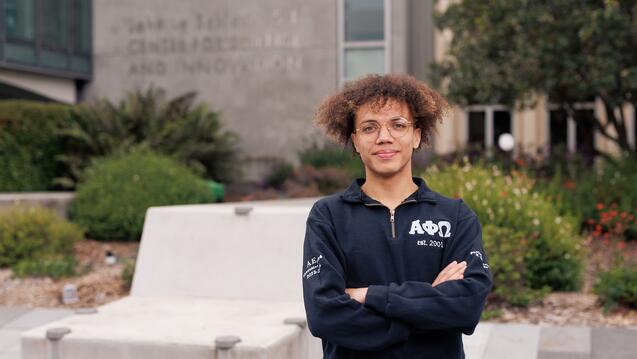This Graduate Supports Mental Health for All

Ranesha Moreno graduates this month with an undergraduate degree, which she plans to use to help others. Here, she talks more about what motivates her.
What is your major?
I majored in psychology with a minor in gerontology.
Why did you choose psychology?
I chose psychology because I longed for the language and tools to understand experiences that, for a long time, I didn’t even know how to name. I grew up struggling with undiagnosed anxiety, which made school difficult and left me feeling isolated and disconnected. I spent years not understanding what was happening internally, and it wasn’t until I moved to San Francisco that I finally had the space and support to begin exploring those feelings and getting help.
My decision was reinforced as I watched my youngest brother, Salim, struggle with mental illness and addiction, and I wanted nothing more than to help him. Unfortunately, we lost him to a drug overdose in 2021. It hit me hard. Looking back, I can recognize the signs of his undiagnosed mental illness, and I carry the weight of knowing he never got the support he needed. I also feel lucky that I got to speak with him days before his death. He told me he loved me, and would think about coming to visit me. I got to tell him I loved him.
I couldn’t help him in time, but I know I can help others. That’s what drives me. Psychology isn’t just an academic or professional interest for me. It’s deeply personal. It’s my way of turning pain into purpose.
There’s also a larger issue that motivates me: within the Black community, mental health is still a taboo subject. And even for those who do seek help, it can be incredibly hard to find a therapist of color who truly understands their background and experience. My goal is to help change that, to be someone who can offer culturally competent care and create safe spaces for healing.
That’s why I chose psychology. To better understand the mind, to give people the support they deserve, and to make sure stories like my brother’s aren’t repeated in silence.
What do you plan to do after graduation?
I'll be attending the USF marriage and family therapy graduate program. After graduate school, I hope to be able to open a private practice as well as offer free or sliding-scale services for families who have a loved one struggling with mental health and addiction. The guilt can sometimes be very heavy, and I understand and hope to help others.
Why USF?
When looking for schools, I knew that I wanted a school that would consider the whole body versus siloing the healing. Mental, emotional, and physical health are all interconnected and play a major role in determining health outcomes. So when I came across USF’s mission of cura personalis (care for the whole person), I knew that it would be a perfect educational fit for me, and I was right. I have met amazing professors who have guided and mentored me in my studies, and I will forever be grateful.


